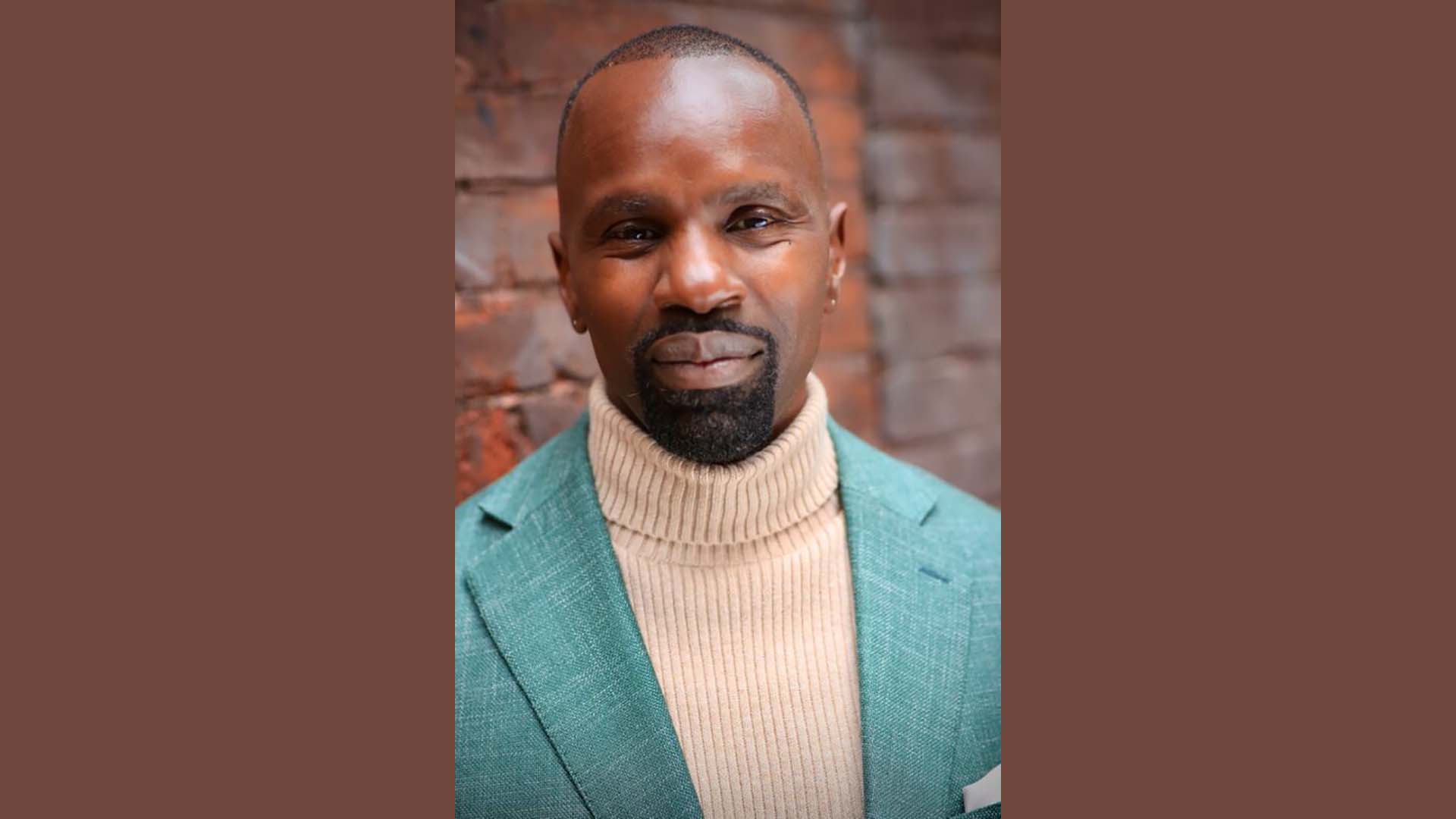CARLOS T. CARTER
This month we are examining access to healthcare as a Social Determinant of Health. We caught up with the President and CEO of the Urban League of Greater Pittsburgh, Carlos T. Carter, to get his thoughts:
This month, we’re focusing on how to connect people with the healthcare they need. How does the Urban League support this?
Access to quality healthcare can mean the difference between life and death, especially for Black, Brown, and impoverished people. Unfortunately, vulnerable populations face a lot of barriers. They may justifiably distrust the healthcare system. They may not have insurance or know how to apply for it. They may not see the value of preventative care and ultimately end up in the ER for treatment.
The Urban League encourages its clients to take care of their health. We help them understand their coverage options. We partner with the CDC, Pfizer, and others to make sure their children are vaccinated. At our three family support centers, we offer transportation to appointments, provide individual wellness checks, and connect people to the services they need.
What are your thoughts on how lack of access to quality healthcare disproportionately affects Black and Brown communities?
Lack of access to quality healthcare is a key determinant that impacts quality of life and lifespan. The average life span for someone who’s white is 76.4 years. For someone who’s Black, it’s 70.8 years. That disparity is why we must do everything we can to make those numbers more equal. People’s lives are being cut short unnecessarily, creating grave financial, societal, and personal impacts on families and communities. We certainly deserve better!
In your experience, what stops people from reaching out for care? How can we encourage folks to prioritize their health by making those connections?
Some people are uninsured and don’t know how to get covered. Lack of transportation and inflexible jobs can also make it difficult to visit a doctor. Most importantly, due to current and historical experiences, there’s a strong distrust of the medical system. Many Black and Brown people don’t feel valued, seen, and heard by their providers due to conscious and unconscious biases. Many medical providers don’t value Black and Brown bodies as they do white ones. Sad, but true.
It’s critical that we provide greater access and education to address these issues, including dismantling systemic racism, which impacts our ability to get quality education and jobs — and build strong, healthy communities. We need to make sure people are aware of the resources and programs that can connect them to higher-quality healthcare. We need trusted advocates and influencers who can build relationships with the community and provide support.
Finally, we must educate our communities of color on the importance of preventative care and its impact on quality of life, including the benefits of eating healthy foods, exercising frequently, and managing stress. Our people need to feel empowered to take care of their health.
Carlos T. Carter is President and CEO of Urban League of Greater Pittsburgh.
